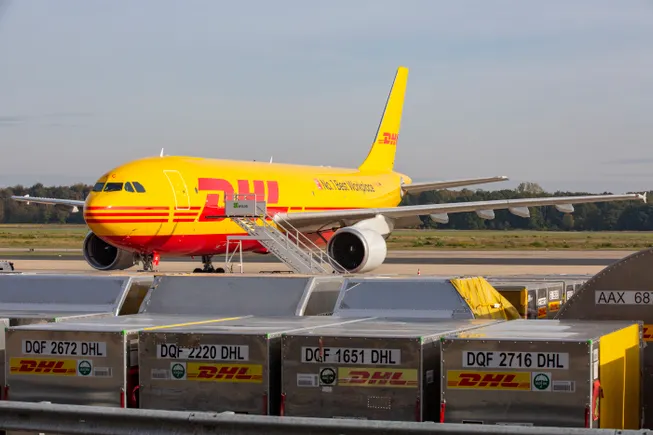
This sound is produced automatically. Please let us know if you have feedback.
Dive brief:
- According to September 23, DHL Express has recently hired 680 employees to support customs clearance needs and customer needs in response to a rapid commercial prospect.
- The DHL International Express Shipping sector is seeing a decrease in the volume of China and Hong Kong by about 30 % compared to last year, while demand for exports from countries such as Mexico, India, Vietnam and Malaysia is rising. “Significant Changes in Business Lines” led to the expansion of its customs team.
- “Customs clearance excellence in a complex and unknown environment is a distinction,” said Greg Hybeit, CEO of DHL Express. “Our investment in specialty, customs clearance and customer training guarantees that we can bring our customers comfort and confidence.”
Dive insight:
DHL Express’ Beefed Up Raster, a customs expert, intends to guide an agile network because customers adjust their shipping strategies in response to US tariffs and the end of de Minimis exemption. Hoyit said the company will also benefit the carrier during the holiday transport period, although DHL Express expects the peak season of 2025 to be more “measuring” than previous years.
“Despite the challenges, our network remains agile, and if demand rises at the peak, we are ready to flex,” Hoyit said.
DHL Global Forwarding, another part of the company, increases its customs processing capacity by 40 %. Tim Robertson, CEO of DHL Global Forwarding Americas, said at a September Webinar: “Currently there are 500 customs specialists in the United States and will add 200 more in the coming months.”
Extra experts are expected to help importers maintain adaptation between changing resources and distributing distribution strategy. For example, the volume of Chinese ocean transportation to North America declines compared to the year, while demand from Vietnam has jumped.
DHL is not the only logistics giant to invest in clearance capabilities of its customs. FedEx expects to face $ 300 million direct trade costs in fiscal year 2026, which includes the costs of customs clearance employees, EVP and CFO John Dietrich said in a September 18 call.